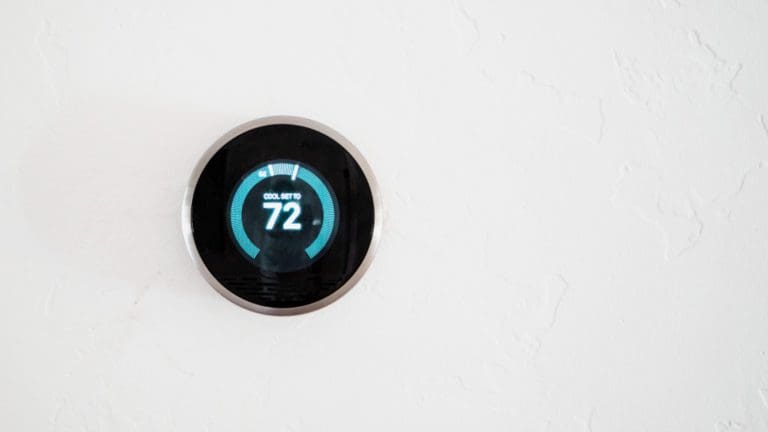Table of Contents
As the chilly embrace of winter envelops the UK, there’s nothing quite like the comfort of a warm and inviting home. At the heart of this comfort lie radiators and heating systems. Gaining a deep understanding of their functionality and learning how to harness their efficiency can significantly impact your coziness and energy bills. In this article, we will delve into the realm of radiators and heating systems, unraveling their mechanics, sharing efficiency insights, and providing practical advice for maintaining a warm and inviting living space.
Radiators: The Heart of Your Heating System
Radiators play a pivotal role in ensuring that your living spaces remain comfortably warm, even in the coldest of winters. These heat exchangers are ingeniously designed to transfer thermal energy from a central heating source to the ambient air in a room. The materials employed in their construction, such as cast iron, steel, and aluminium, each possess distinctive properties for effective heat distribution.
How Radiators Work
The operation of radiators relies on the principles of convection and radiation. Hot water or steam courses through the pipes within the radiator, causing the metal to warm up. This warmth is then emitted into the surrounding air, gently raising the room’s temperature. Furthermore, as the air near the radiator absorbs heat, it becomes lighter and ascends, creating a natural convection current that propels warm air throughout the space.
Radiator Efficiency: Do’s and Don’ts
To ensure optimal efficiency of your heating system, consider implementing these tips:
- Bleed Your Radiators: Regularly release trapped air from your radiators to ensure uniform heat distribution.
- Mindful Furniture Placement: Refrain from obstructing radiators with bulky furniture, allowing warm air to circulate unimpeded.
- Thermostat Settings: Set your thermostat to a comfortable and energy-conscious temperature, typically around 18-20°C.
- Insulation Matters: Adequate home insulation is paramount to prevent heat loss and maximise the benefits of your heating system.
Types of Heating Systems
Familiarising yourself with the various heating systems available empowers you to select the most suitable option for your UK abode.
1. Forced Air Heating
Forced air systems employ a furnace to warm air, which is then propelled through ducts and vents. While swift at raising indoor temperatures, they can sometimes result in uneven heat distribution and dry air conditions.
2. Radiant Heating
Radiant heating focuses on warming objects within a room, such as floors or panels. This method ensures consistent and cosy warmth, making it especially popular in regions with frigid winters.
3. Hydronic Heating
Hydronic heating utilises heated water circulated through pipes and radiators. It is lauded for its energy efficiency, whisper-quiet operation, and capacity to provide uniform warmth.
Maintaining Heating Systems: A Winter Necessity
Prudent maintenance is vital to extend the lifespan and efficiency of your heating system.
Routine Inspections
Annual professional inspections are advisable to identify and address potential issues before they escalate. Additionally, experts can fine-tune your system for optimal performance.
Filter Replacement
Should your heating system incorporate filters, adhere to the recommended replacement schedule. Clean filters uphold indoor air quality and alleviate strain on the system.
Thermostat Calibration
Calibrating your thermostat guarantees accurate temperature readings, preventing unnecessary strain on your system.

FAQs
It is recommended to bleed your radiators at least once a year, ideally before the onset of the heating season. This practice ensures efficient heat distribution.
Indeed, radiant heating can be integrated into existing UK homes, although some adjustments to flooring or walls might be necessary.
Maintaining indoor humidity levels between 30% and 50% is generally advised, fostering both comfort and health.
In most cases, it is more energy-efficient to lower the temperature when unoccupied or during sleep, and to raise it when active and present.
Absolutely, smart thermostats have the potential to significantly enhance heating system efficiency by enabling remote temperature control and scheduling.
Certainly, solar energy can be harnessed to power specific heating systems, thereby reducing reliance on conventional energy sources.
Understanding radiators and heating systems is pivotal to achieving both comfort and energy efficiency during the UK’s colder seasons. By grasping the mechanics of radiators, exploring diverse heating system types, and adopting diligent maintenance practices, you can bask in a warm and inviting home without incurring exorbitant energy expenses. Embrace the warmth, relish the coziness, and harness the full potential of your heating system.

